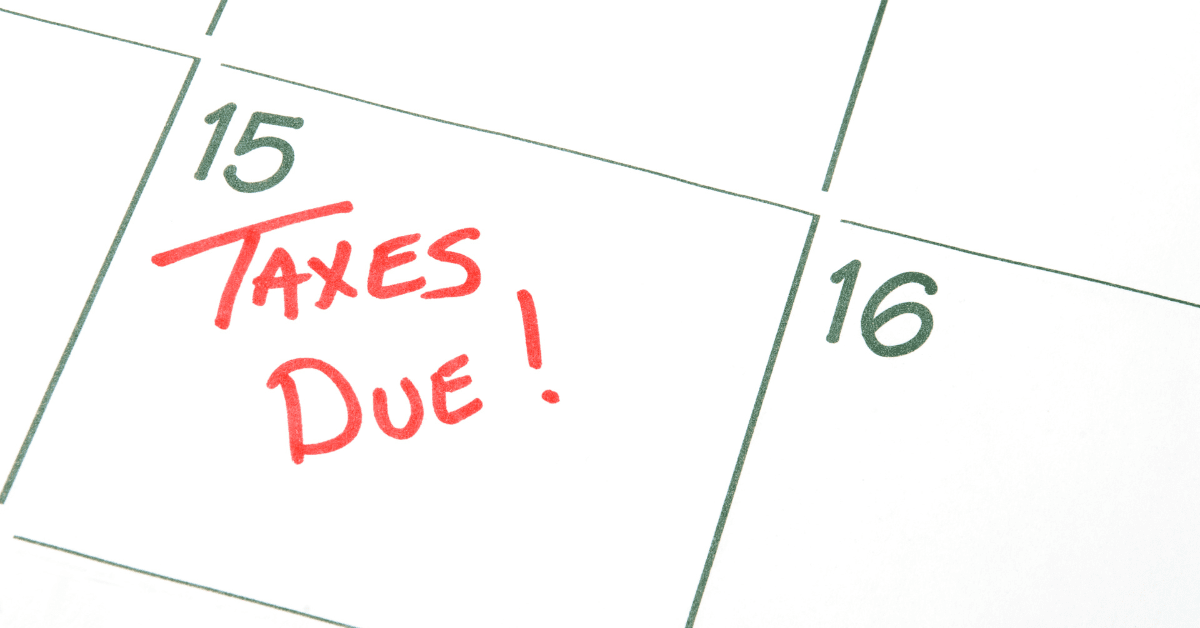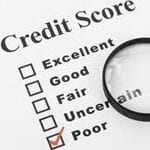Introduction:
Searching for CRA debt forgiveness options? If you’re feeling the weight of tax stress pressing down on you, you’re not alone. Get ready as we unpack what this means for you and how it could be the key to lifting that burden off your shoulders.
What is CRA Debt Forgiveness and How Does It Work?
Let’s start with the basics. CRA Debt Forgiveness isn’t some mythical unicorn—it’s a real deal offered by the Canada Revenue Agency (CRA) to provide relief to individuals struggling with tax debts. Picture this: you’ve been drowning in debt, barely keeping your head above water, and then suddenly, there’s a lifeline thrown your way. That’s CRA Debt Forgiveness.
Eligibility Criteria: Who Qualifies?
Now, before you start envisioning your debt-free future, let’s talk eligibility. Not everyone gets a golden ticket, but don’t lose hope just yet. To qualify for CRA Debt Forgiveness, you typically need to demonstrate financial hardship, inability to pay your tax debts, and a genuine commitment to resolving your financial situation.
Dispelling Myths and Misconceptions
Misinformation can be a real buzzkill, so let’s set the record straight. You might have heard whispers about CRA Debt Forgiveness being too good to be true or reserved for a select few. But the truth is, it’s a legitimate program designed to offer relief to individuals facing genuine financial struggles.
The Benefits of Pursuing CRA Debt Forgiveness
Now, let’s talk perks. Pursuing CRA Debt Forgiveness isn’t just about wiping your slate clean—it’s about reclaiming your financial freedom. Imagine saying goodbye to those sleepless nights spent worrying about mounting debts and hello to a fresh start. Sounds pretty sweet, doesn’t it?
Exploring Debt Relief Options in Ontario
While CRA Debt Forgiveness might sound like music to your ears, it’s essential to explore all your options before making a decision. Here in Ontario, you’ve got a few paths to choose from:
Consumer Proposals: A Viable Alternative
If the thought of declaring bankruptcy sends shivers down your spine, fear not—there’s another option on the table. Enter consumer proposals. Think of it as a win-win: you get to avoid bankruptcy while creditors get a portion of what you owe. It’s a mutually beneficial arrangement that can help you get back on your feet without sacrificing everything.
Bankruptcy: When All Else Fails
Let’s face it—bankruptcy isn’t exactly a walk in the park. But sometimes, it’s the best course of action when you’re drowning in debt with no lifeline in sight. It might seem daunting, but remember, it’s not the end of the road. Bankruptcy can provide the fresh start you need to rebuild your financial future from the ground up.
Working with Licensed Insolvency Trustees: Your Guide to Financial Freedom
Navigating the murky waters of debt relief can be tricky on your own. That’s where licensed insolvency trustees come in. Consider us your personal guides to financial freedom. We’ll walk you through your options, help you understand the ins and outs of CRA Debt Forgiveness, and chart a course towards brighter days ahead.
Importance of Seeking Professional Guidance
Sure, you could try to go it alone, but why take the risk? Seeking professional guidance from licensed insolvency trustees can make all the difference in your journey towards financial recovery. We’ve seen it all, and we know what it takes to help you get back on track.
Navigating the Current Financial Landscape in Canada
Before we dive deeper, let’s take a moment to assess the lay of the land. The financial landscape in Canada, much like the rest of the world, has seen its fair share of ups and downs in recent years.
Understanding the Impact of COVID-19
There’s no denying it: COVID-19 has wreaked havoc on the economy and personal finances alike. From job losses to business closures, many Ontarians found themselves grappling with unprecedented financial challenges, and some are now faced with having to repay their COVID benefits
Economic Outlook: Trends and Predictions
While the road ahead may seem uncertain, there are glimmers of hope on the horizon. Economic recovery efforts are underway, and with them comes the promise of brighter days ahead. By staying informed and proactive, you can position yourself for success in the post-pandemic world.
Government Support Programs: Leveraging Resources for Financial Stability
In times of crisis, it’s essential to know where to turn for support. Thankfully, the Canadian government has implemented a range of support programs to help individuals and businesses weather the storm. From emergency relief funds to wage subsidies, these programs can provide much-needed assistance during challenging times.
Steps to Take Towards Financial Recovery
Alright, now that we’ve covered the basics, let’s talk action steps. If you’re ready to take control of your financial future, here are a few steps to get you started:
Assessing Your Financial Situation
First things first, take stock of where you stand. Gather your financial documents, track your expenses, and assess your debts. Understanding the full scope of your financial situation is the first step towards making meaningful progress.
Developing a Realistic Budget
Next up, it’s time to create a budget that works for you. Identify your essential expenses, such as housing, utilities, and groceries, and prioritize them accordingly. From there, look for areas where you can cut back on non-essentials and redirect those funds towards debt repayment.
Exploring Debt Consolidation Options
Dealing with multiple debts can feel like trying to juggle flaming torches—it’s a recipe for disaster. That’s where debt consolidation comes in. By combining multiple debts into a single manageable payment, you can streamline your finances and potentially lower your interest rates in the process.
Seeking Professional Help
Last but certainly not least, don’t be afraid to ask for help. Licensed insolvency trustees are here to support you every step of the way. Whether you’re considering CRA Debt Forgiveness, exploring other debt relief options, or simply need guidance on how to get started, we’re here to lend a helping hand.
Conclusion
Phew, we’ve covered a lot of ground today. From unpacking the ins and outs of CRA Debt Forgiveness to exploring debt relief options in Ontario, we’ve equipped you with the knowledge and tools you need to take control of your financial future.
So, what’s next? It’s up to you. Whether you’re ready to pursue CRA Debt Forgiveness, explore alternative debt relief options, or simply take the first step towards financial recovery, know that you’re not alone. We’re here to help you every step of the way, so don’t hesitate to reach out.
Remember, the path to financial freedom may not always be easy, but it’s always worth it in the end. So go ahead, take that first step—and let’s embark on this journey together towards a brighter, debt-free future.


 Overdue payments, calls from collection companies, NSF cheques, bank overdraft. The list goes on and on. You feel stressed out just thinking about your debts. Want some peace of mind? Stop the madness and take control. Start by making a list of your debts showing the name, amount owing, interest rate, and minimum monthly payment that is due. I note that many credit cards now show how long it will take to pay off the balance owing if all you pay is the minimum payment and of course, if you do not make any new charges. Focusing on the 20 or 30 years will just increase your stress, not reduce it. Focus instead on which debts have high interest and which have the lower rates. You should be directing whatever money you have to those debts with a high interest rate.
Overdue payments, calls from collection companies, NSF cheques, bank overdraft. The list goes on and on. You feel stressed out just thinking about your debts. Want some peace of mind? Stop the madness and take control. Start by making a list of your debts showing the name, amount owing, interest rate, and minimum monthly payment that is due. I note that many credit cards now show how long it will take to pay off the balance owing if all you pay is the minimum payment and of course, if you do not make any new charges. Focusing on the 20 or 30 years will just increase your stress, not reduce it. Focus instead on which debts have high interest and which have the lower rates. You should be directing whatever money you have to those debts with a high interest rate. How can I avoid Collection Calls
How can I avoid Collection Calls Creditors Must Vote to Accept
Creditors Must Vote to Accept